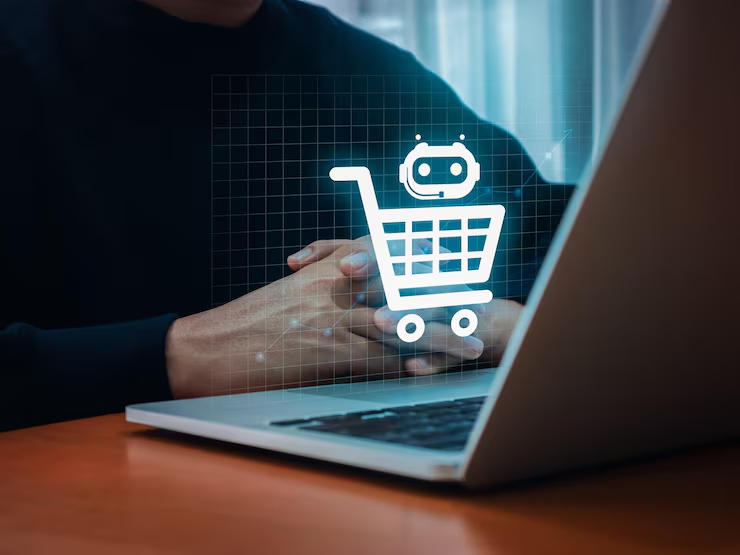AI in E-Commerce: How Smart Personalization Drives Sales & Retention
E-commerce winners deliver relevance: timely offers, tailored content, and predictive operations. Evidence shows personalization can be a revenue engine when implemented responsibly.
Market signals & proof points
- Revenue lift: Personalization most often drives 10–15% revenue increase (5–25% range), per McKinsey and McKinsey (2023).
- Marketing ROI: Forrester’s TEI study (commissioned by Salesforce) found 299% ROI over three years for Marketing Cloud (summary / PDF).
How smart personalization works
- Behavioral data pipeline: clicks, views, carts, purchases → RFM segmentation (Recency, Frequency, Monetary).
- Session-time recommendations: next-best-product, bundle upsell, complementary add-ons.
- Dynamic experiences: banners/offers by state (new, returning, lapsed).
- Cyclic experimentation: A/B & multi-armed bandits to tune models and placements.
- Predictive ops: demand forecasts to align inventory & fulfillment.
Measurable impact
- Higher conversion rate and AOV
- Lower cart abandonment via triggered, relevant outreach
- Better retention & LTV with lifecycle journeys
- More efficient ad spend (incremental ROAS)
Pitfalls & safeguards
- Privacy & compliance: transparent consent and data minimization.
- Algorithmic bias: fairness monitoring & exposure balance.
- Over-personalization: avoid creepiness; provide controls and clear value exchange.
- Model drift: re-train on fresh data; ongoing A/B tests with holdouts.
Bayantrix approach
- Store-owned recommendation models (no black-box dependency)
- Built-in experimentation and causal lift analysis
- Dashboards for business & engineering stakeholders
- Seamless integrations: POS, e-commerce engines, delivery & payments

